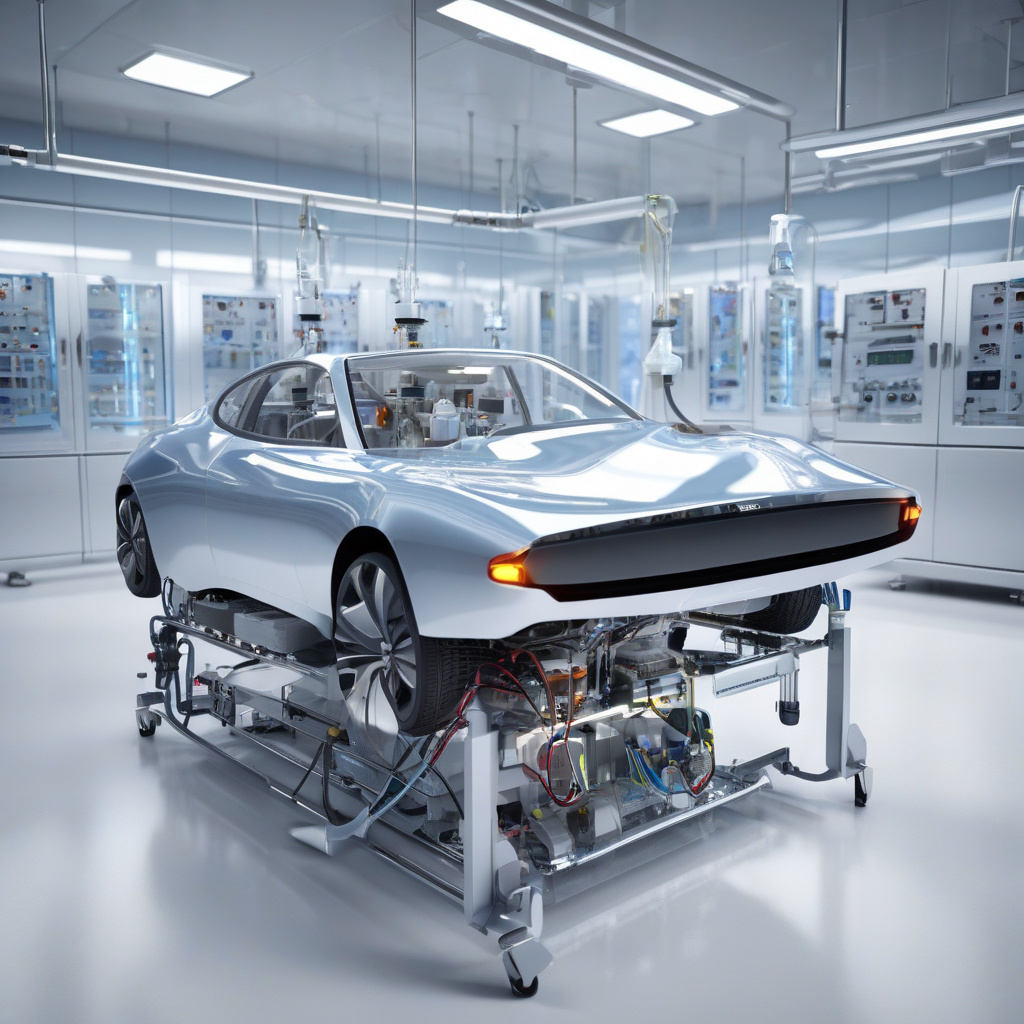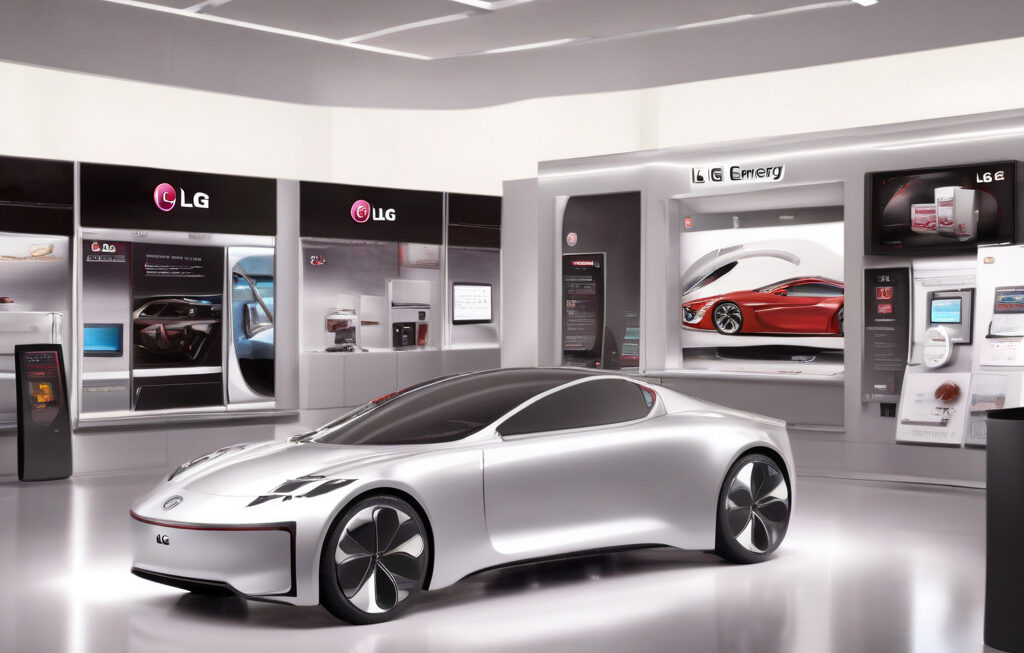Breakthrough: 7 Times Longer EV Battery Life Unlocked by Ultra-Thin Lithium Anode
A research team at the Daegu Gyeongbuk Institute of Science and Technology (DGIST), South Korea, has recently achieved a groundbreaking milestone in the realm of electric vehicle (EV) technology. By developing an ultra-thin lithium anode, the team has successfully unlocked a battery life that is seven times longer than conventional lithium-ion batteries. This remarkable advancement not only addresses one of the most significant limitations of EVs but also paves the way for a new era of sustainable and efficient transportation.
The quest for enhancing the performance of EV batteries has been a focal point for researchers and engineers worldwide. The limited range of electric vehicles compared to traditional internal combustion engine vehicles has been a major barrier to widespread adoption. This is where the innovation by the DGIST research team holds immense promise. By utilizing a lithium anode that is significantly thinner than conventional counterparts, they have been able to overcome many of the challenges that have plagued existing battery technologies.
One of the key advantages of the ultra-thin lithium anode is its ability to significantly increase the energy density of the battery. Energy density refers to the amount of energy that can be stored in a given volume or mass of the battery. By enhancing the energy density, EVs can travel longer distances on a single charge, alleviating range anxiety among consumers. This development could potentially revolutionize the EV industry, making electric vehicles a more attractive and viable option for a wider range of consumers.
Moreover, the increased longevity of the batteries addresses another critical issue faced by EV manufacturers and owners alike. The longer lifespan of the batteries means reduced maintenance costs and a lower overall cost of ownership for EVs. This could potentially accelerate the transition towards electric mobility and contribute to a greener and more sustainable future.
The implications of this breakthrough extend beyond the realm of electric vehicles. Energy storage systems, such as those used in renewable energy applications, stand to benefit from the enhanced performance of the ultra-thin lithium anode. By improving the efficiency and durability of batteries, this innovation could unlock new possibilities for storing and utilizing renewable energy, furthering the transition towards a carbon-neutral energy ecosystem.
While the development of the ultra-thin lithium anode represents a significant step forward, there are still challenges to overcome before it can be commercialized on a large scale. Scaling up production, ensuring the safety and reliability of the technology, and optimizing manufacturing processes are among the hurdles that researchers and industry partners will need to address. However, the potential benefits far outweigh the obstacles, making it a promising area for further research and development.
In conclusion, the breakthrough achieved by the DGIST research team in unlocking a seven times longer EV battery life through the use of an ultra-thin lithium anode marks a significant advancement in the field of battery technology. With the potential to revolutionize electric vehicles, energy storage systems, and renewable energy applications, this innovation underscores the importance of continued investment in research and development. As we strive towards a more sustainable and energy-efficient future, breakthroughs like this one serve as a testament to the power of innovation in driving positive change.
#EV #BatteryTechnology #Innovation #Sustainability #DGIST












